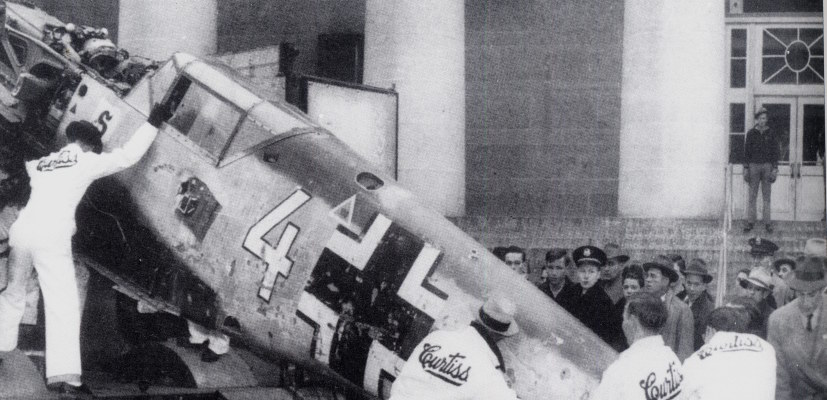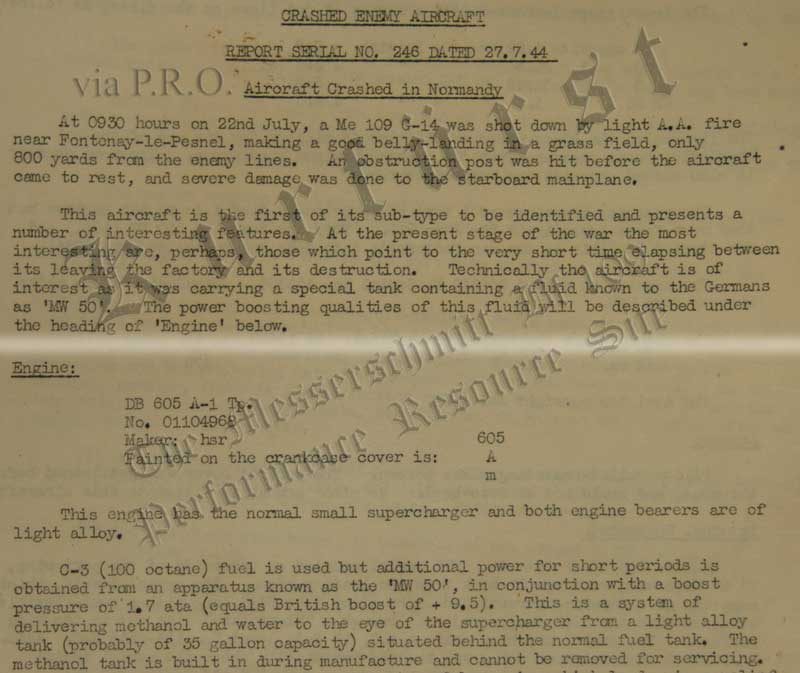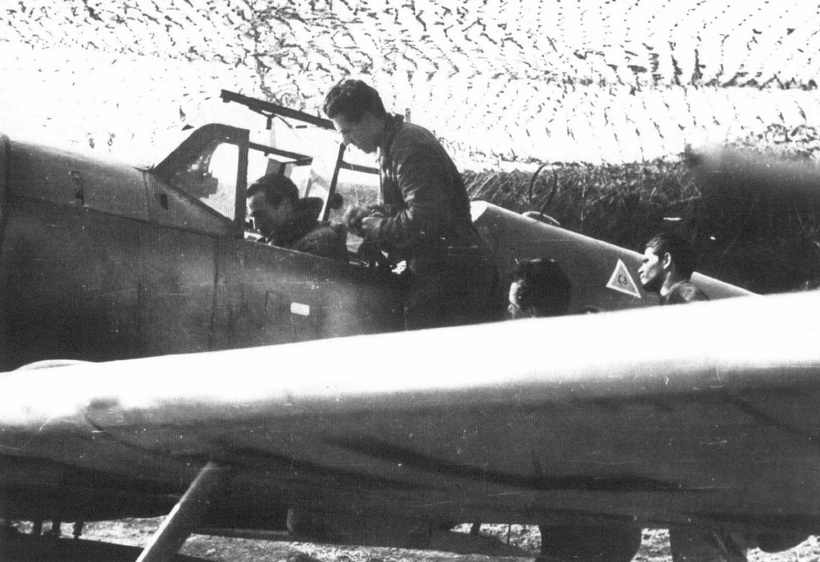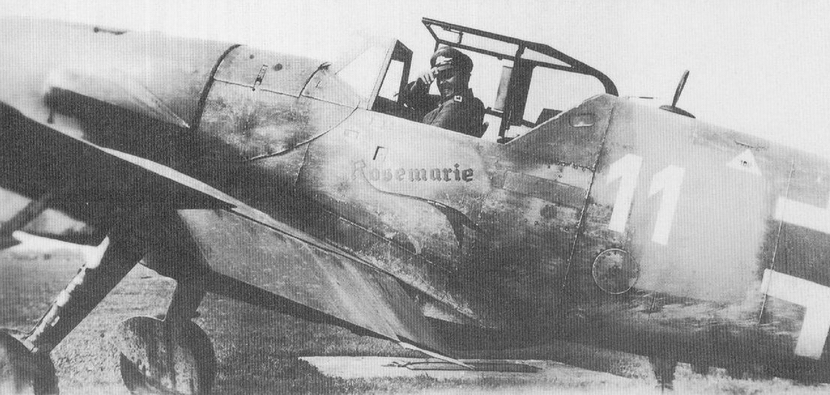
 |
|
#101
|
|||
|
|||
|
Brilliant! Where did you find this?
|
|
#102
|
|||
|
|||
|
What's the excitement, we know for some time that the first stations changed over to 100 octane in February, hardly any news in that..
__________________
Il-2Bugtracker: Feature #200: Missing 100 octane subtypes of Bf 109E and Bf 110C http://www.il2bugtracker.com/issues/200 Il-2Bugtracker: Bug #415: Spitfire Mk I, Ia, and Mk II: Stability and Control http://www.il2bugtracker.com/issues/415 Kurfürst - Your resource site on Bf 109 performance! http://kurfurst.org 
|
|
#103
|
||||
|
||||
|
Quote:
and i mean proof, not your spam. just one fighter report will do....... are you ever going to rely on anything other than pre war documents, lol. Last edited by fruitbat; 05-23-2012 at 01:43 AM. |
|
#104
|
|||
|
|||
|
Quote:
Last edited by Seadog; 05-23-2012 at 02:36 AM. |
|
#105
|
|||
|
|||
|
More Oil...

|
|
#106
|
||||
|
||||
|
Quote:
I believe that by the time the battle ended by the German dates, the entire RAF FC was using 100 Octane. Maybe, just maybe, if you end the battle in November or December 1940, the entire RAF FC had converted. If you want to say in July thru September 1940 that the entire FC had converted you would be wrong. They were in the process of converting during that time. You can line up all the evidence presented until July 1940 and it fits perfectly within normal convention phase testing for adaptation. The Notes on a Merlin Engine portion of the Operating Notes are part of the airworthiness of the design and list the specified fuel for the aircraft. The conversion was important enough to publish a very clear instructions for ALL OPERATIONAL UNITS to use 100 Octane when Fighter Command converted. You do not see that in any Notes on a Merlin Engine prior to January 1942. Boost override was available and authorized to be used by the Operating Notes. That calls into question any combat report which makes a reference to any over boost condition as being proof of 100 Octane fuel use. The logistical documents are just that, logistics and not operational. Before the operational side of the house can do anything, they must have the logistics solved and the materials in hand. That they had the stuff is not proof of when it was used. It is only proof that they had it which is not in dispute. The consumption reports do not show any 100 Octane being out at the airfields in useable quantity until the June thru July timeframe. In those months, it represents a small portion of the fuel used. In the October and beyond, 100 Octane consumption clearly shows a marked increase to reach some 34% of the Air Ministries fuel supply "forward of the railheads". In other words, not sitting in a tanker as part of the strategic reserve. In other words, the developers of IL2 CLOD would be accurate in modeling both types of fuel not in modeling 100 Octane exclusively. |
|
#107
|
||||
|
||||
|
Quote:
Some more supporting data: Prometheans in the Lab: Chemistry and the Making of the Modern World, McGrayne: "Britain's petroleum secretary Geoffrey Lloyd said later, "we wouldn't have won the Battle of Britain without 100 octane..." "p103. Two Historians in Technology and War, Howard and Guilmartin: Quote:
Air Warfare: an International Encyclopaedia: A-L, Walter J. Boyne Quote:
The Most Dangerous Enemy: An Illustrated History of the Battle of Britain By Stephen Bungay p56, 59 and another: Sydney Camm and the Hurricane, Fozard, Foreword by Sir Peter G. Masefield: Quote:
http://www.telegraph.co.uk/news/obit...Masefield.html Why would Masefield say that "...without... "100 octane fuel" - there would have been no prospect of success"? Last edited by Seadog; 05-23-2012 at 06:43 AM. |
|
#108
|
|||
|
|||
|
and present their history prof with a thesis:
"RAF FC used 87 octane and 100 octane fuel during the Battle of Britain" "An excellent thesis" says the prof, at the start of the term, "if you can prove it you will have altered our understanding of one of the most crucial battles in modern history." A few months later they are called into the prof's office: "How are you two getting along with your paper? I expected something from you by now...but I'll let you have a few more days. By the way, what proof have you got? Remember, the term is almost over, and I expected a finished paper by now." Crumpp and Kurfurst pull out a 1/2 dozen pages and place them on the prof's desk: "Well we have some papers dating from 1938 and we think that some aircraft manuals state that 87 octane was required." "Hmmm..." says the prof, staring at the meagre number of pages: "You mean to say that's all you've got? I think you need to go the library, the archives, and the even the web, and dig up some solid evidence for 87 octane use during the actual battle...after all there's numerous sources that state that 100 octane fuel was used during the battle. You are now making an 'extraordinary claim' which is all well and good but as you well know, extraordinary claims require extraordinary proof, and I'm sorry gentleman, but I don't see any such proof in the rather sparse data that you've presented. Crumpp and Kurfurst look downcast and stare at their feet: "We have looked high and low and this is all we can come up with." "Oh my" says the prof... he pauses for a few moments, moves back to marking papers and then glances up and states: "No problem gentlemen; you have a few more days...just make sure that your paper states that you conclude that your thesis is false, based upon the lack of any direct evidence for 87 octane fuel use, and the mass of contradictory evidence stating that 100 octane fuel was in universal use. Good day" Last edited by Seadog; 05-23-2012 at 05:48 AM. |
|
#109
|
||||
|
||||
|
Quote:
        Quote:
Air Warfare: an International Encyclopaedia: A-L, Walter J. Boyne Quote:
 Sydney Camm and the Hurricane, Fozard, Foreword by Sir Peter G. Masefield: Quote:
__________________
Il-2Bugtracker: Feature #200: Missing 100 octane subtypes of Bf 109E and Bf 110C http://www.il2bugtracker.com/issues/200 Il-2Bugtracker: Bug #415: Spitfire Mk I, Ia, and Mk II: Stability and Control http://www.il2bugtracker.com/issues/415 Kurfürst - Your resource site on Bf 109 performance! http://kurfurst.org 
|
|
#110
|
|||
|
|||
|
Quote:
German use or not, as the case may be, of hundred octane fuel, has no bearing on RAF FC use of said fuel during the BofB. Again, you have no evidence for RAF FC use of 87 octane fuel, yet there is abundant sources and direct evidence for the production, and use of 100 octane fuel by the entire RAF FC from July 10 1940 onward, while no evidence for even a single RAF FC frontline Hurricane/Spitfire combat sortie during the BofB, has ever been produced, despite the logistical nightmare that this would have created for RAF FC, not to mention the morale effect of having only select units using 100 octane fuel, when every fighter in RAF FC was capable of using it. RAF FC was tasked with destroying Luftwaffe bombers, and it did this in large enough numbers to win the battle, and achieve an overall kill ratio superiority during the BofB. The Luftwaffe lost the battle and it's Commander in chief, went on to accuse his own fighter pilots of cowardice; why? BTW, how many French Channel based Me109s were using 100 octane on July 10 1940? On Aug 1 1940? On Sept 1 1940? On Oct 1 1940? How are 1944 documents relevant to this discussion? Last edited by Seadog; 05-23-2012 at 09:54 AM. |
 |
|
|